The Decoy Effect
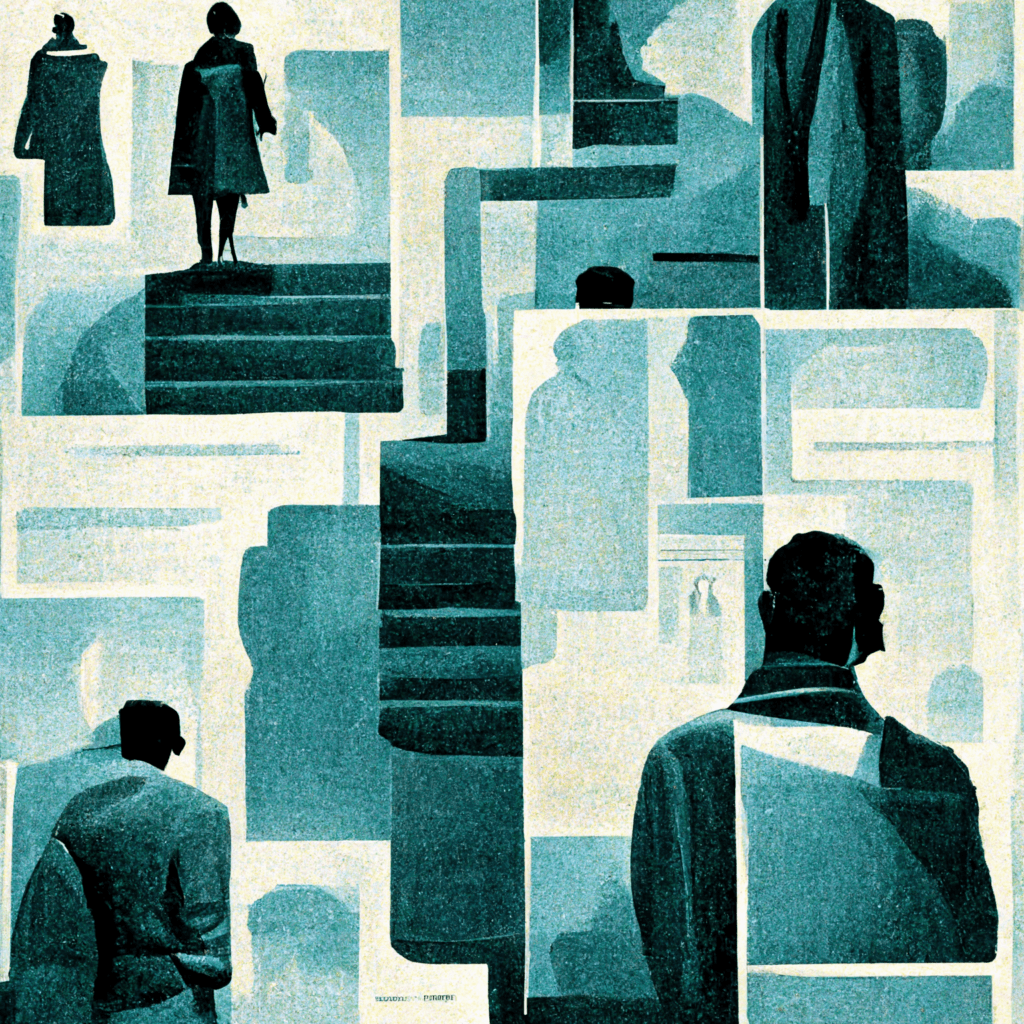
The Decoy Effect explains how choices are impacted by price comparisons between products. It claims that people make choices based on personal preferences when there are just two options and they are priced “reasonably.” However, if a third option is costly in comparison to the first two choices, it alters how consumers view all of […]
The Framing Effect
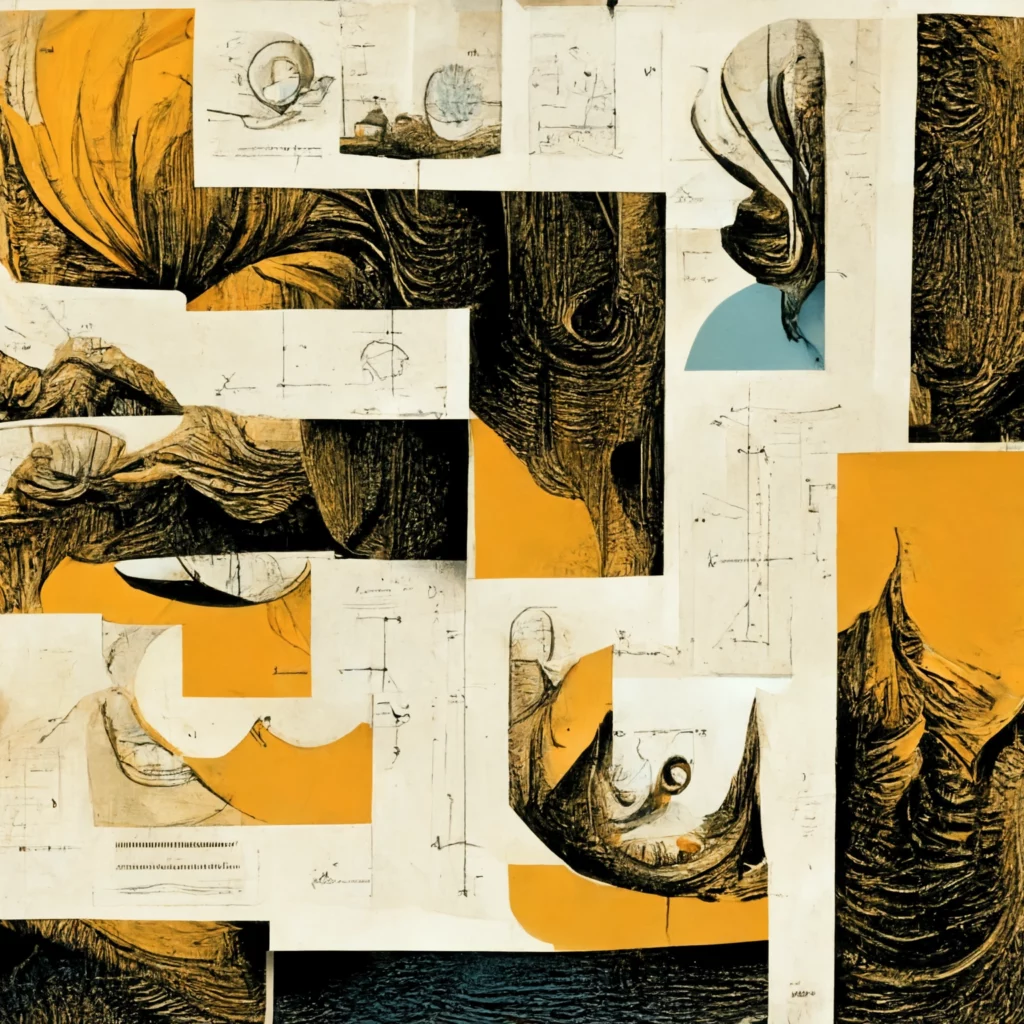
Choices can be presented in a way that emphasizes the advantages or disadvantages of a certain choice, changing how desirable they are in comparison. This method was developed as part of Tversky and Kahneman’s prospect theory, which cast gambles in terms of gains or losses. There are several different framing techniques that have been identified, […]
Control Premium
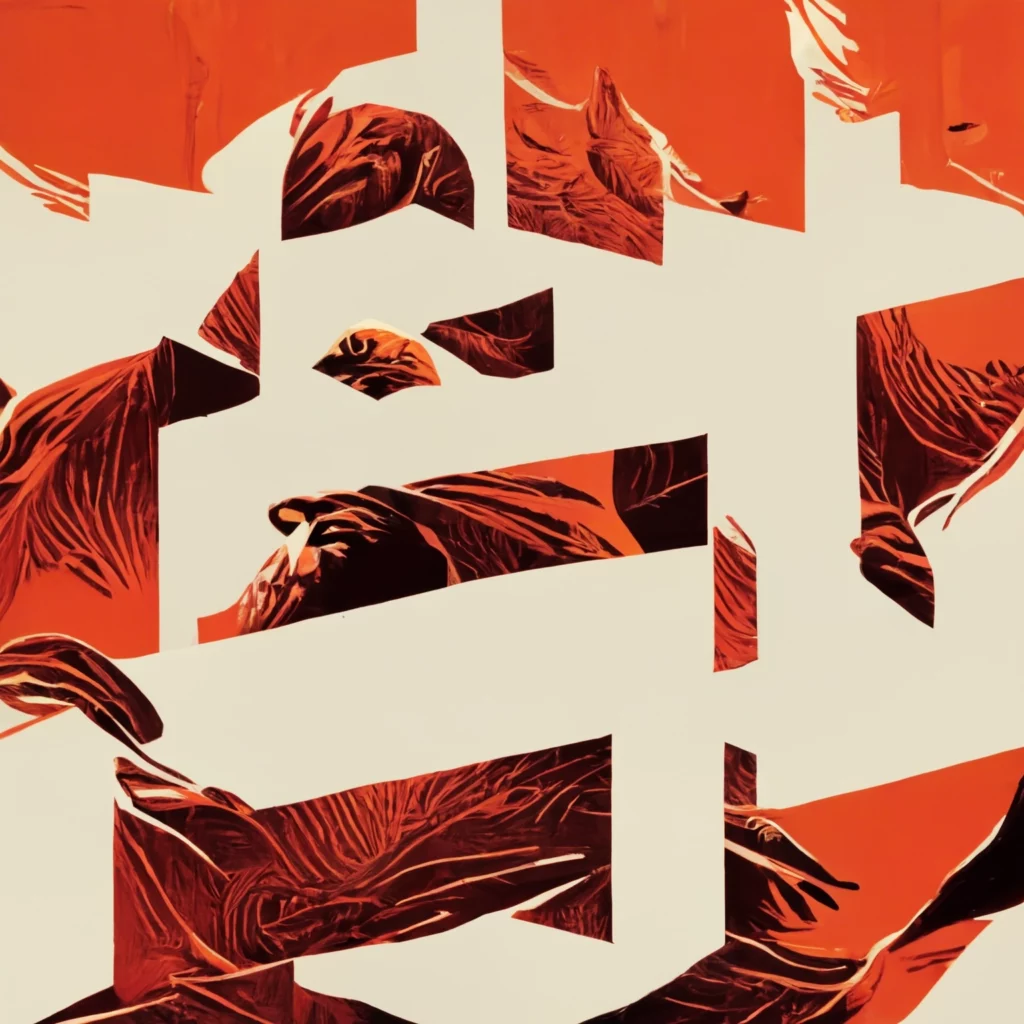
The control premium, as used in behavioral economics, describes people’s readiness to forego prospective rewards in favor of maintaining control (and avoiding delegation) over their own payoffs. In an experiment, participants had to decide whether to wager on themselves or another person properly completing a quiz question. According to their beliefs, individuals would bet on […]
Confirmation Bias
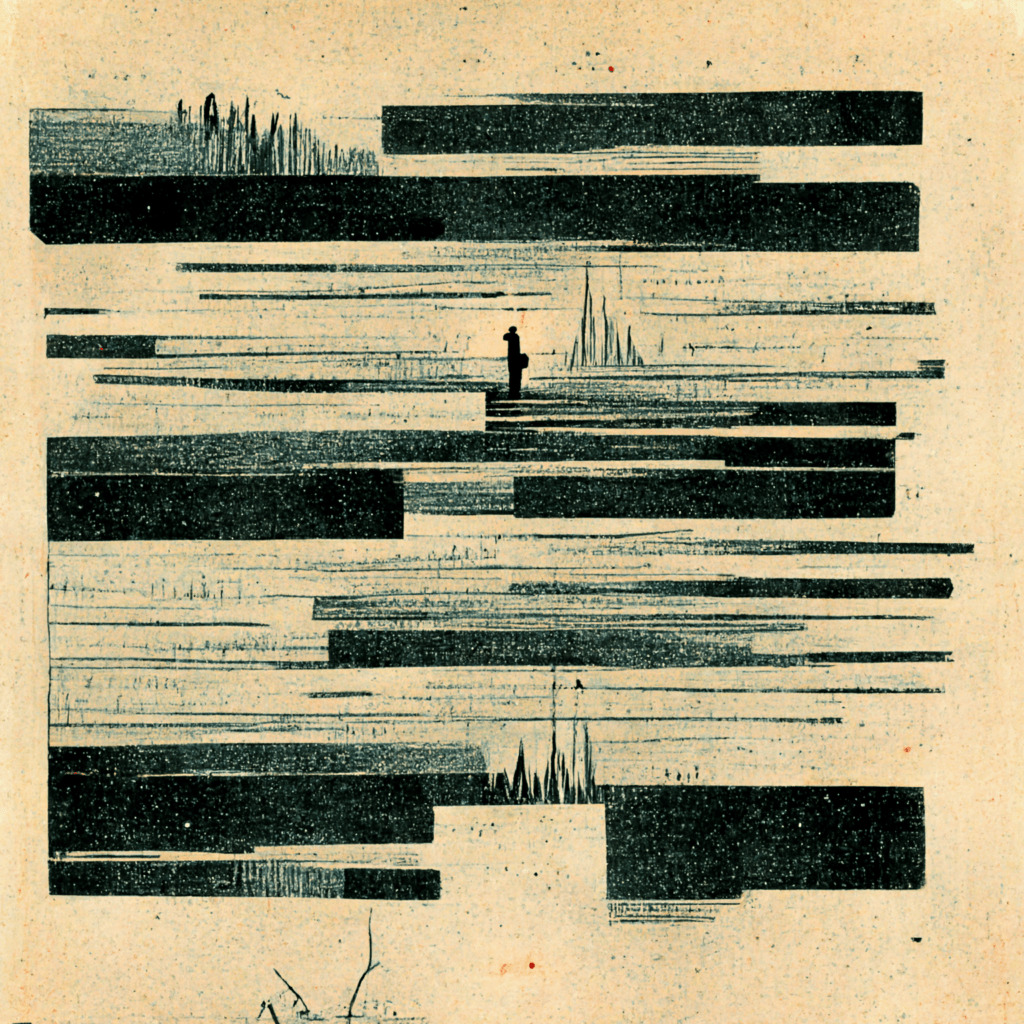
Confirmation bias is a term used by psychologist Peter Wason to refer to people’s propensity to look for, favor, and remember information that supports their decisions and beliefs. People “usually see what they look for, and hear what they listen for,” as the author Harper Lee put it, When a customer decides to purchase anything, […]
The Peak-end Rule
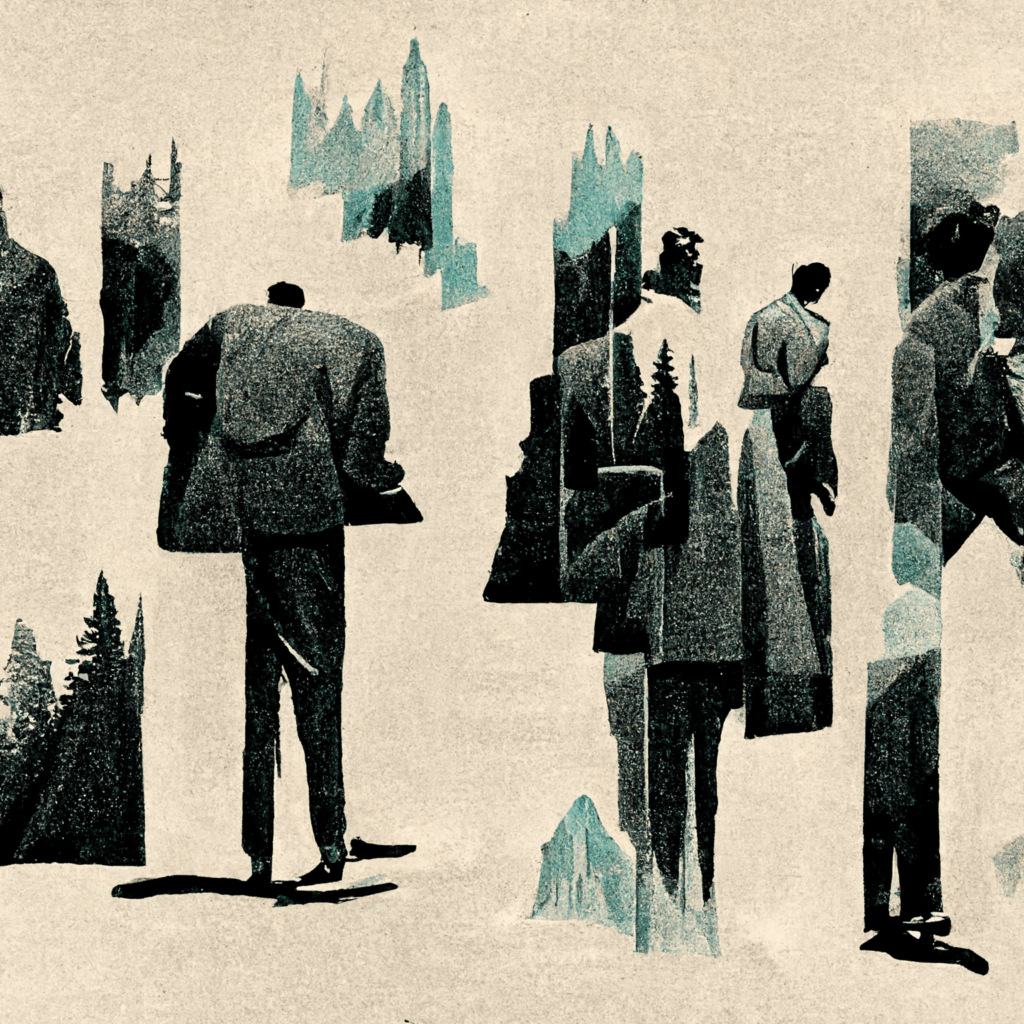
Infinite Peak Rule states that people evaluate an experience depending on how they felt at its height and its trough, rather than the average of all of its moments. And it holds true regardless of how the encounter turned out. For brands, this means that customers will only recall the beginning and the end of […]
The Choice Overload Effect
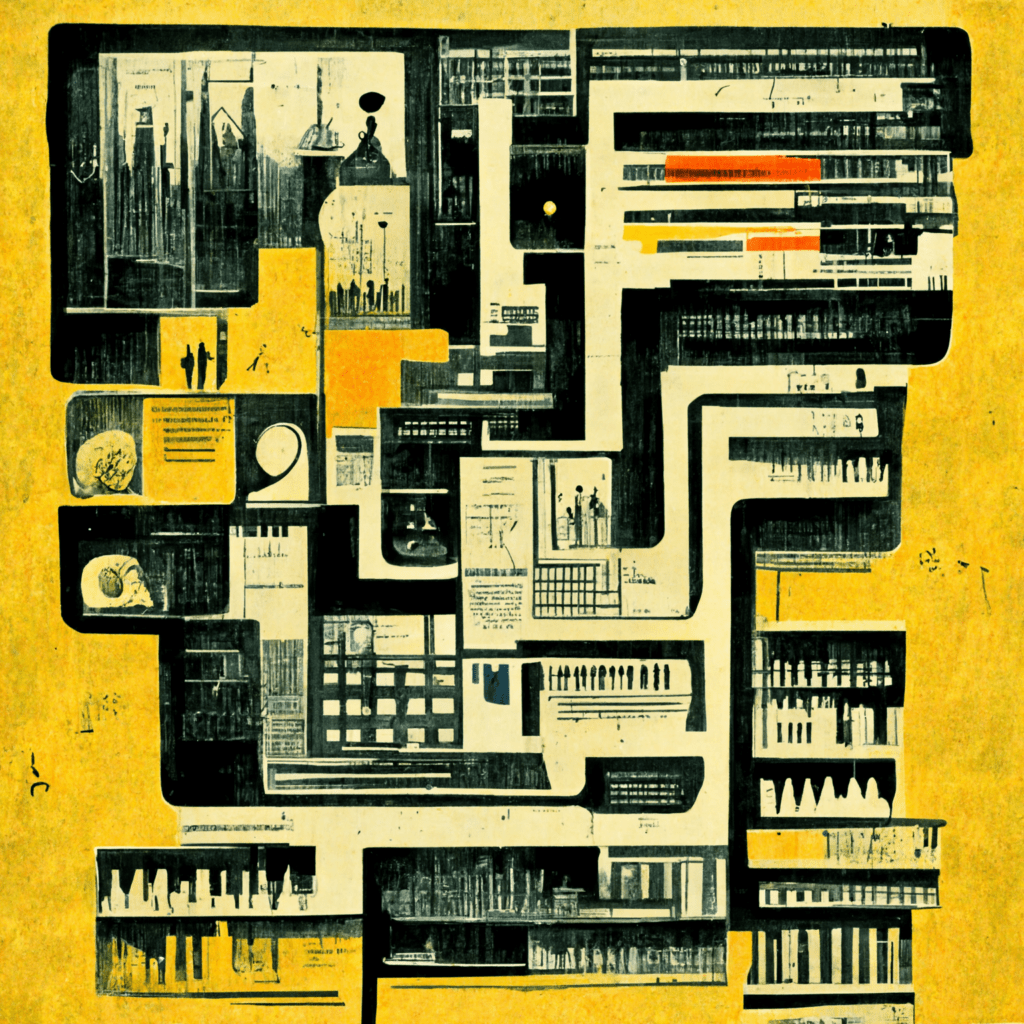
A psychological concept known as the “Choice Overload Effect” describes the uneasiness that results from having so much information that you feel like doing nothing at all. In his book “The Paradox of Choice,” author Barry Schwartz describes the phases involved in decision-making. Determine your objectives. Assess the significance of each objective. Sort the choices […]
The Cocktail Party Effect
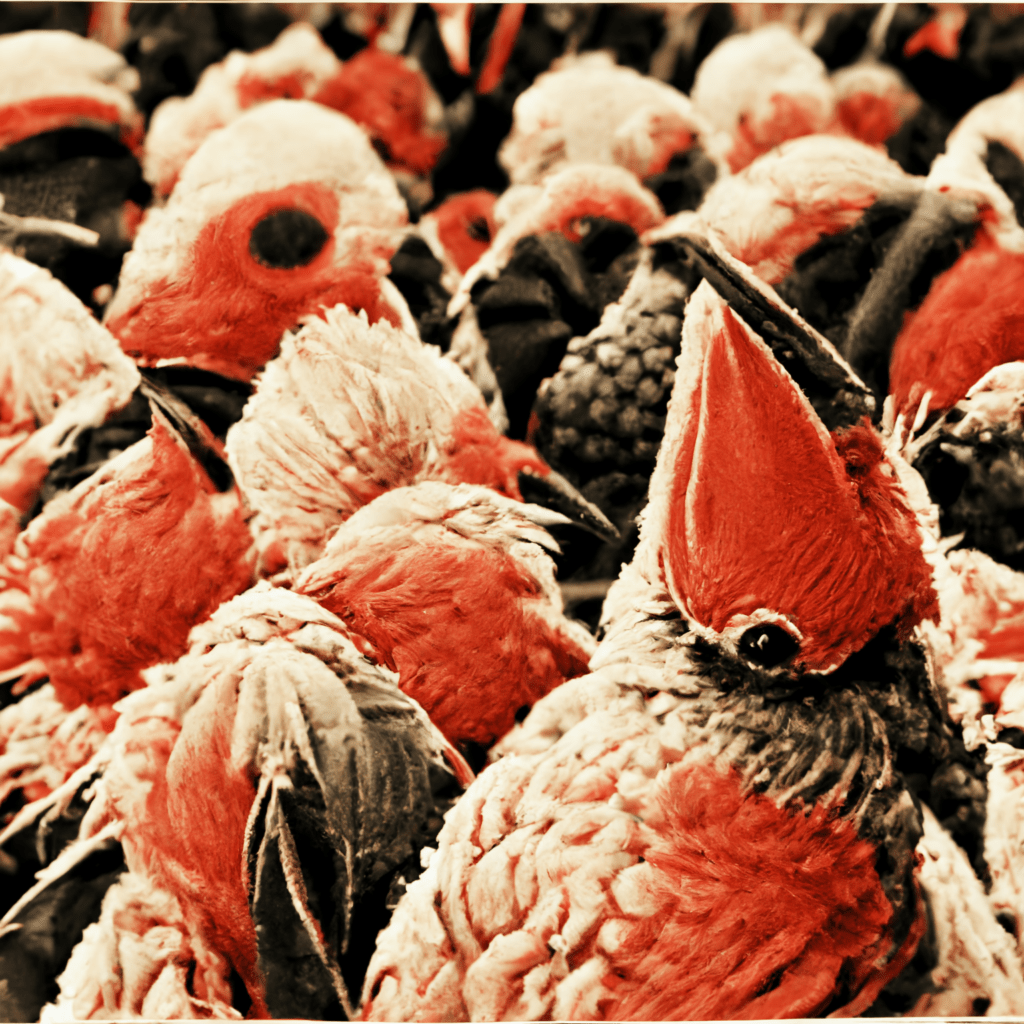
In the 1950s, Colin Cherry, a British cognitive scientist, identified the cocktail party effect. Cherry was curious as to why people focused on certain things. After investigating the dynamics of a noisy environment, he made an intriguing discovery. Overlapping talks are divided by our brain into distinct hearing streams. It can then choose to disregard […]
The Fresh Start Effect
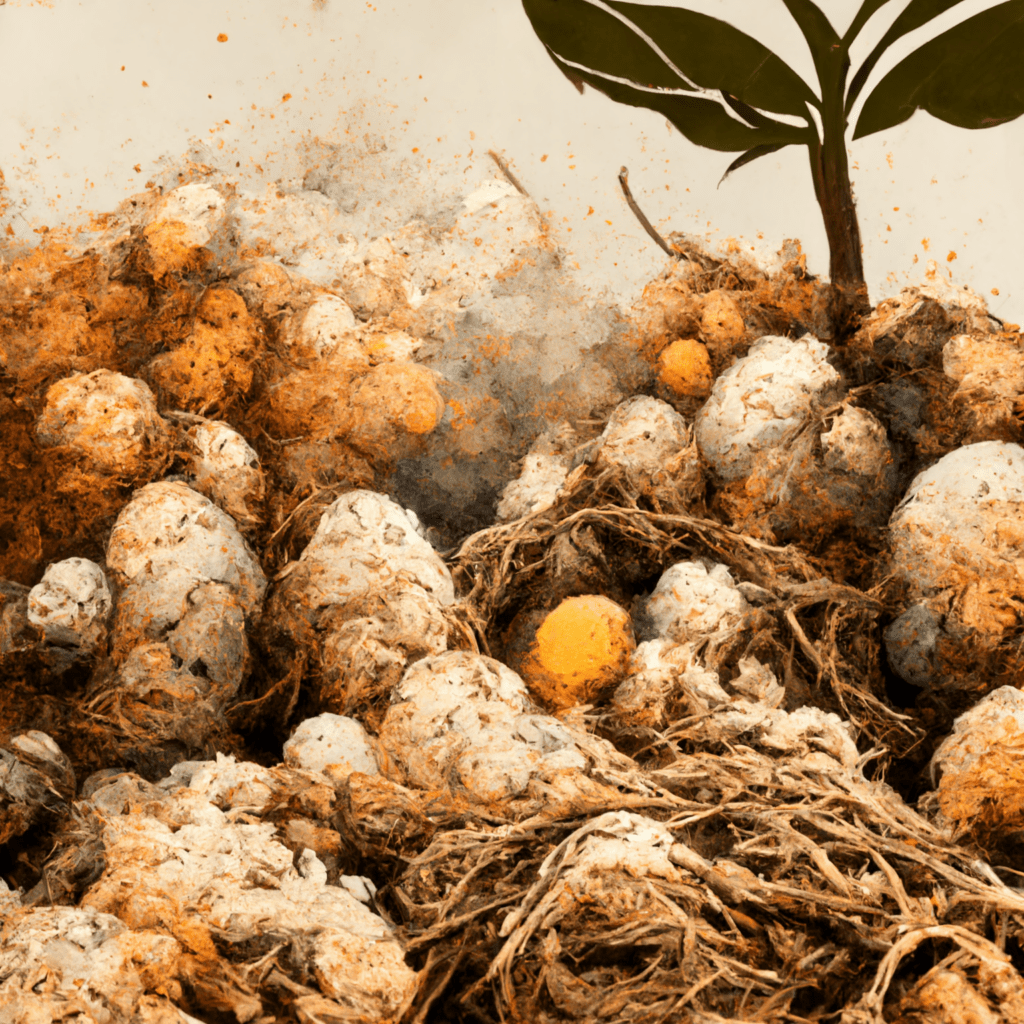
The Fresh Start Effect is a term used to describe people’s propensity to move toward a goal after occurrences that signal new beginnings. The beginning of a new week, month, or year are some examples of these temporal events. Goal-setting is made simpler by events like birthdays, anniversaries, and public holidays.
Loss Aversion
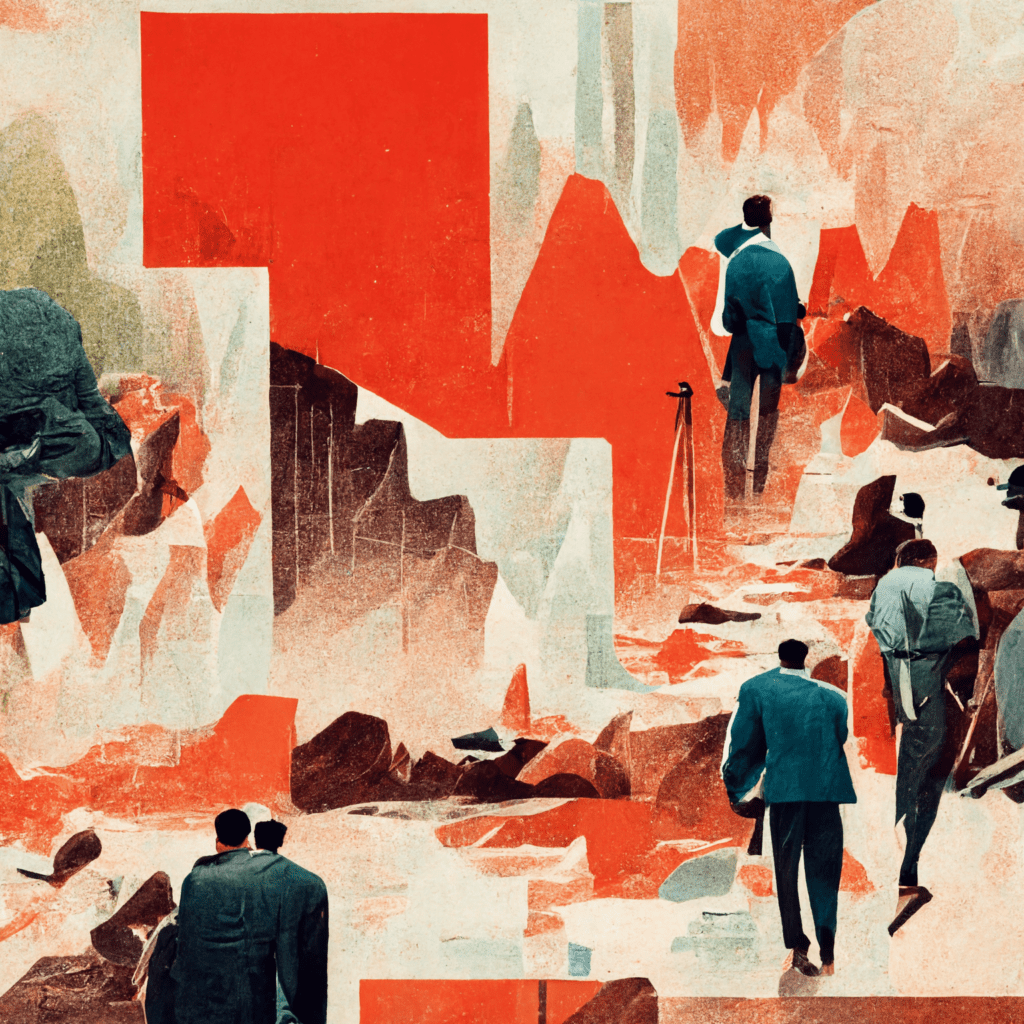
Loss aversion is a psychological concept that was first introduced by Nobel Prize winner Daniel Kahneman and states that people will do anything to avoid losing. The psychological pain of losing is actually twice as strong as the joy of winning.
The Cashless Effect
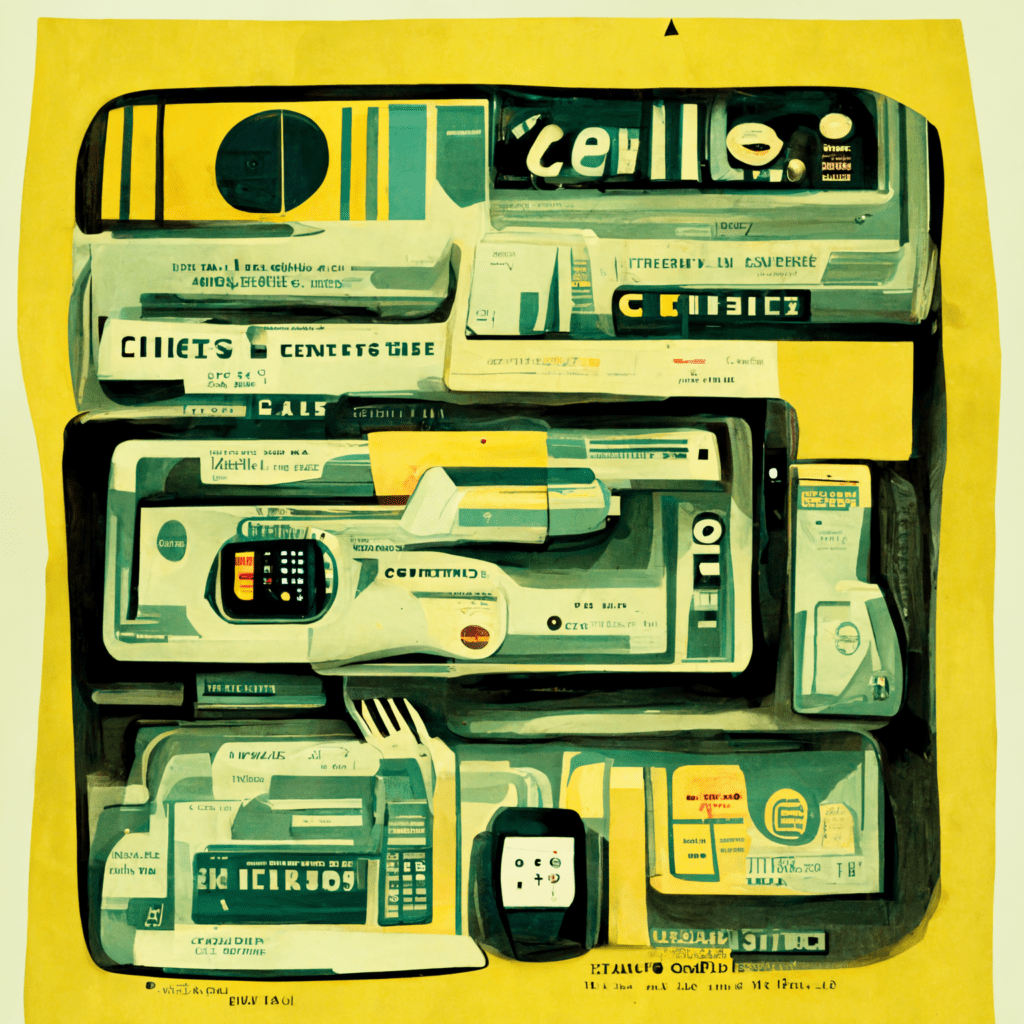
According to the “Cashless Effect,” customers find it more difficult to spend money the more tangible their payments are. The term “pain of payment” is connected to the Cashless Effect. It is for this reason that using cash as opposed to a credit card makes it simpler for those on a budget to keep track […]